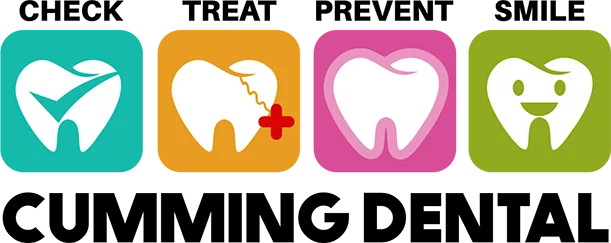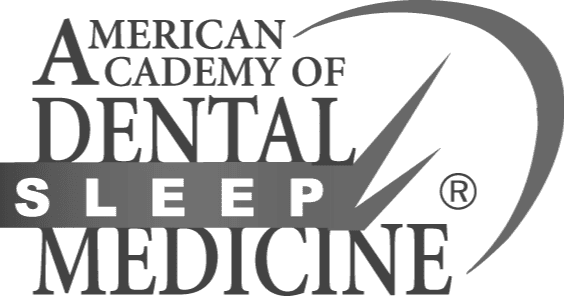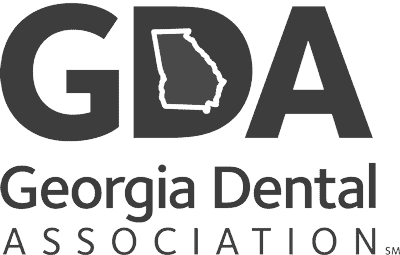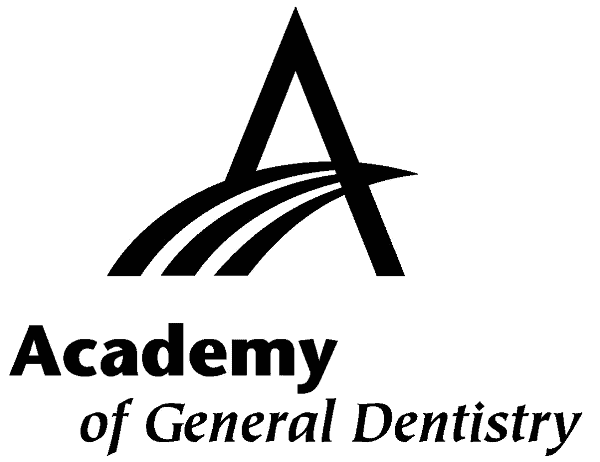TOP 9 QUESTIONS ASKED ABOUT DEEP CLEANINGS
1.Why would the dentist recommend a deep cleaning?
The dentist will usually recommend a deep cleaning if there is a gum disease that causes your gums to pull away from your teeth. This is usually when there is a gap 5mm deep.
2. Does a deep cleaning hurt?
If you have sensitive teeth, your dentist may administer a local anesthetic to numb the area. The pain involved is usually bearable and is more of an uneasy feeling rather than pain.
3.What can I expect after a deep cleaning?
You can expect your teeth to be a little sore. It is recommended that you avoid hot, crunchy, and acidic foods. It is also recommended that you brush with toothpaste recommended for sensitive teeth.
4.Does dental insurance cover deep cleanings?
Your dental insurance should cover your deep cleaning to a certain extent as long as the dentist shows the diagnosis of periodontal disease.
5.Can deep cleanings cause your teeth to fall out?
No, deep cleanings do not do anything to remove the tooth from the bone itself. It may feel like the tooth is loose after a deep cleaning, however by removing the built up tartar, it just exposes the looseness.
6.Can deep cleanings cause infection?
No, deep cleanings are performed when the periodontal disease is already present. The cleaning helps remove that bad bacteria.
7.Can deep cleanings help with bad breath?
Most bad breath results from a buildup of bacteria within the mouth. When the bacteria is removed, the bad breath is decreased.
8.How long does a deep cleaning take?
A deep cleaning can take anywhere from 1-2 hours.
9. How can I reduce sensitivity after the procedure?
You can reduce sensitivity of your teeth after a deep cleaning by eating soft foods like yogurt, applesauce, or mashed potatoes.






